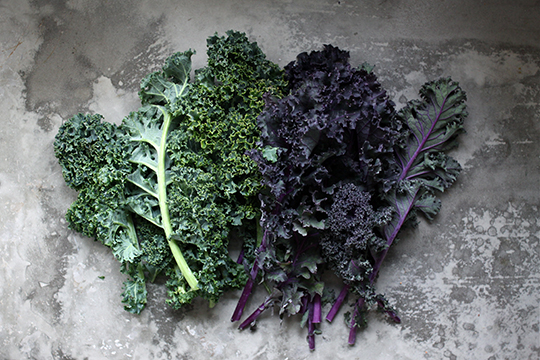Big Ol Tortoise
Well-Known Member
Is cabbage bad for box turtles? If not can I feed it on a regular basis?

She hasn't eaten in the last 2 weeks. I feed her the purple cabbage, shredded carrots and lettuce. She ate almost all of it. Thanks Yvonne for the read. She seemed to like the cabbage but I'll cut back on it.cabbage is a cruciferous plant, meaning it should be fed sparingly.
I really doubt box turtles would show any interest in eating cabbage.
"BUSTING THE GOITROGEN MYTH
12/19/2013 | BY MICKEY TRESCOTT

One of the questions we are frequently asked on our Facebook page as well as the comments here on the blog is “Aren’t you worried about eating goitrogens with autoimmune thyroid disease? My (insert alternative health practitioner here) told me that if I eat them, they will cause a goiter!” A lot of people out there are living in fear of eating nutritious foods like broccoli, cabbage, sweet potatoes, and strawberries.
I’m here to convince you that eating goitrogens, in regular quantities, is not harmful to you if you have autoimmune thyroid disease. In fact, I think you could be doing yourself harm, nutritionally speaking, by excluding them from your diet.
What are “goitrogens”?
Goitrogens are substances that affect the thyroid’s uptake of iodine, thereby interfering with the function of the gland. In addition to foods, there are many medications and chemicals that are known to affect this process.
Here is a list of common goitrogenic foods:
-Broccoli
-Brussels sprouts
-Cabbage
-Cauliflower
-Collard greens
-Flax seed
-Kale
-Mustard greens
-Pears
-Peaches
-Pine nuts
-Peanuts
-Radishes
-Rutabega
-Soy
-Spinach
-Strawberries
-Sweet potatoes
-Turnips
Although there are many foods not included on the Autoimmune Protocol in this list – flax seed, pine nuts, peanuts, and soy, among others, most of them are foods that are integral to this diet, like sweet potatoes and cruciferous vegetables.
Why would anyone avoid goitrogens?
It is a myth passed around in the alternative health community that goitrogens cause a goiter, which is an enlargement of the thyroid gland. As Dr. Kharrazian points out in his most recent article, goiters are not caused by iodine deficiency or by eating goitrogens — they are caused by the inflammation from chronic autoimmune thyroid disease (Hashimoto’s). In order to get rid of a goiter, a person needs to address the autoimmune thyroid disease, not remove goitrogens from their diet.
Why you should include goitrogens in your diet
Some of the vegetables that are classified as goitrogens also happen to be very nutritious foods and have qualities that would make us want to go out of our way to include them in our diets. Cruciferous vegetables like broccoli, cabbage, and kale are known for their anti-cancer and antioxidant properties. Root vegetables like sweet potatoes, turnips, and rutabaga provide a rich source of complex carbohydrate, which can be difficult to obtain on a grain-free diet. Cruciferous vegetables as well as sweet potatoes and strawberries contain carotenoids, which are precursors to vitamin A. In addition, a lot of the fruits and vegetables on this list are a good source of the B vitamins, vitamin C, vitamin K, calcium, magnesium, potassium, zinc and sulfur. By avoiding these foods, you may be setting yourself up for nutritional deficiencies.
Sarah Ballantyne over at The Paleo Mom has written a fantastic article on her blog about this topic, and her research indicates that consuming these foods in moderate quantities actually supports thyroid function. Sarah advises that as thyroid patients, we should make sure we are sufficient in zinc, iodine, and selenium, which is great advice (although iodine supplementation can be problematic – more on that in a future blog post!)
Lastly – these foods taste great, and they are an integral part of the Autoimmune Protocol (besides the few that are not included, especially soy). Many people get great pleasure from eating cruciferous vegetables, root vegetables like sweet potatoes, and fruits like pears and strawberries.
My Experience
Back when I was first diagnosed with Hashimoto’s disease and was thrust into the world of alternative treatments, I avoided goitrogens religiously for a couple of months. I noticed no change, besides sadness for not being able to eat some of my favorite fruits and vegetables. On top of the Autoimmune Protocol, I found it extremely restrictive.
So I leave it at this — go ahead and eat your goitrogens, provided they are foods that are also allowed on the autoimmune protocol!"
She's been eating all her veggiesNone of those would be box turtle favourites so if you're worried about her not eating, I wouldn't waste time on greens right now. Fruit and worms are much harder to pass up.